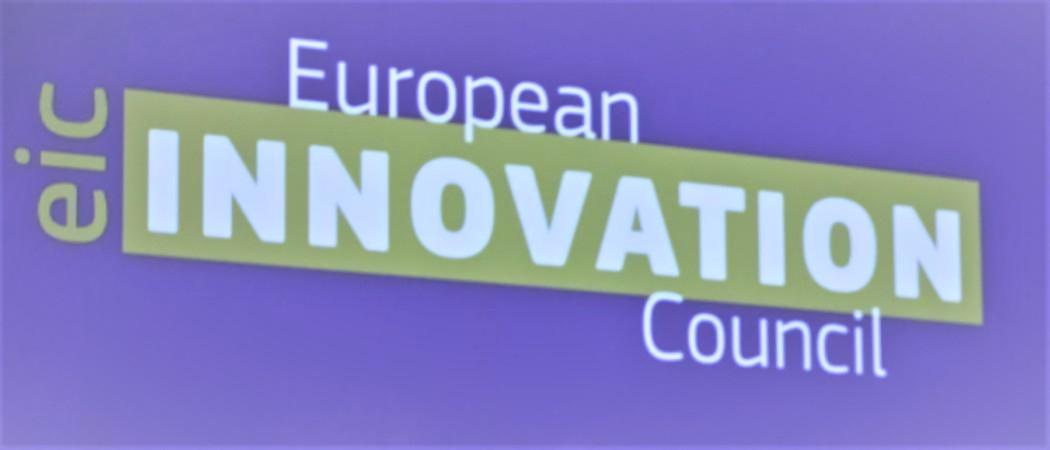EU’s innovation fund will give out €1.6B in grants and equity to start-ups and innovators in 2023 – and is promising smooth sailing after a bumpy start

The European Innovation Council (EIC) will disburse €1.6 billion to innovators around Europe next year, and is promising a less bumpy ride in its third year as a full-fledged EU fund.
The money will be channelled through the same main funding schemes: Pathfinder for innovative research projects trying out new ideas; Transition for moving research from labs to market, and Accelerator, which makes grant and equity investments in start-ups to help them grow.
The Accelerator will get the biggest chunk of the money at €1.13 billion. The Pathfinder will have a budget of €343 million and the Transition scheme €128.3 million. Around half the money will be made available through bottom-up calls, while the other half will be dedicated to projects in specific areas.
The work programme for the fund was adopted this week, marking the start of its third year as a full-fledged EU innovation instrument. It had a bumpy start in the first two years, with the European Commission struggling to get to grips with handling the due diligence needed to oversee an equity fund. This blocked grants as well as equity investments, leaving the 139 companies selected for funding in the dark over how soon the money would come through. “We were a victim of our success, and it was necessary to restructure the fund,” a Commission official said.
But that’s all in the past, according to officials. In October, management of the EIC fund was handed to an external manager, Luxembourg-based Alter Domus. Since then, 78 investment decisions have been taken, clearing 43% of the cases that had accumulated since 2021. “This brings us confidence that the backlog will be totally tackled by spring,” an official said.
From here on, EIC hopes to provide grants within five months of the award, and to limit investment decisions to 10 weeks.
Even with the hiccups, the EIC is having an impact on the market. Since last year, the count of unicorn companies valued at €1 billion or more that it has backed, has increased from two to 12, and it has supported 112 centaurs, valued at over €100 million, over the course of the initial phase, pilot phase and now. The valuation of the portfolio of companies that have received money from EIC is €40 billion, and it has already generated a follow on investment of over €10 billion euro.
IP controversy
While the EIC promises smooth sailing, universities and research organisations still have concerns about the management of intellectual property (IP) under the Transition and Pathfinder schemes.
After signalling discontent for several months, eight associations came together this week, ahead of an EIC summit, to question EIC’s IP provisions which grant the researchers undertaking projects full rights to the IP.
The organisations where the research is carried out believe this is at odds with many institutional, regional and national IP management models used in Europe, and thus undermines the role of in-house technology transfer services that many of them run.
“The current IP provisions do not consider the complexity of knowledge transfer, assuming that researchers would be best placed to exploit their research outcomes. They ignore the fact that, in general, many researchers do not systematically have the required resources and knowhow to engage in knowledge valorisation,” the eight associations said in a joint statement.
Officials say they do not wish to be prescriptive and have now introduced a rule that allows the host organisation to suspend EIC IP provisions, if they can show it is disrupting innovation efforts. The aim of the current rules, they say, is to ensure that each professor with a good idea has the right to turn it into a product or service.
But research lobby groups are not convinced. “This is a welcome change, but it’s not ideal because it risks pitting universities against researchers [since] it invites applicants (individuals and institutions through which they are applying) to decide who has the most competence in valorisation,” said Jan Palmowski, secretary general of the Guild of European Research-Intensive Universities.
The second concern, Palmowski adds, is the bureaucratic burden that comes with applying for exemptions, which will especially disadvantage smaller institutions.
The Commission believes universities will learn to work under the new rules that come with the funding, once a balance is found. “The explicit aim of the EIC is to support breakthrough innovation, and in this sense the goal is not just to support knowledge output but more importantly innovation output,” said an official. “It’s a balance to be found, and I think we are progressively trying to reach this balance.”





 A unique international forum for public research organisations and companies to connect their external engagement with strategic interests around their R&D system.
A unique international forum for public research organisations and companies to connect their external engagement with strategic interests around their R&D system.